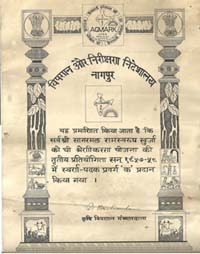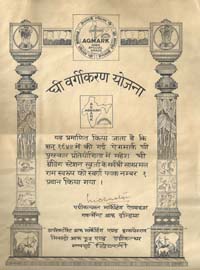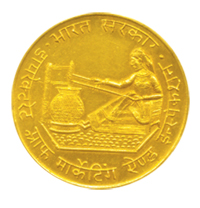Facts About Ghee
Nutrition
 The protein content of ghee is .04 g per tbsp., which includes 17 amino acids, essential for good health. Ghee contains 3 percent linoleic acid, an antioxidant. Ghee provides 393 IU of vitamin A per tbsp., including 105 mcg of retinal and 25 mcg of beta-carotene. Other vitamins include .36 mg vitamin E per tbsp., 1.1 mcg of vitamin K, and small amounts of riboflavin and pantothenic acid. Minerals in ghee include 1 mg of calcium and potassium per tbsp.
The protein content of ghee is .04 g per tbsp., which includes 17 amino acids, essential for good health. Ghee contains 3 percent linoleic acid, an antioxidant. Ghee provides 393 IU of vitamin A per tbsp., including 105 mcg of retinal and 25 mcg of beta-carotene. Other vitamins include .36 mg vitamin E per tbsp., 1.1 mcg of vitamin K, and small amounts of riboflavin and pantothenic acid. Minerals in ghee include 1 mg of calcium and potassium per tbsp.
Health Benifits
 Ghee is a good choice for the lactose intolerant because all the milk proteins are removed during the clarifying process, making it lactose free. Although ghee contains a high amount of fat -- about 65 percent saturated, 25 percent monounsaturated and about 5 percent polyunsaturated -- fats are essential to life and are needed to assimilate vitamins A, D, E and K, and help nourish the skin, hair and cell membranes. Fats promote a healthy body temperature, help nourish and protect internal organs and the brain and store energy. Since ghee lacks hydrogenated oils, it is a healthy fat choice for cooking, according to Physical Nutrition.
Ghee is a good choice for the lactose intolerant because all the milk proteins are removed during the clarifying process, making it lactose free. Although ghee contains a high amount of fat -- about 65 percent saturated, 25 percent monounsaturated and about 5 percent polyunsaturated -- fats are essential to life and are needed to assimilate vitamins A, D, E and K, and help nourish the skin, hair and cell membranes. Fats promote a healthy body temperature, help nourish and protect internal organs and the brain and store energy. Since ghee lacks hydrogenated oils, it is a healthy fat choice for cooking, according to Physical Nutrition.






